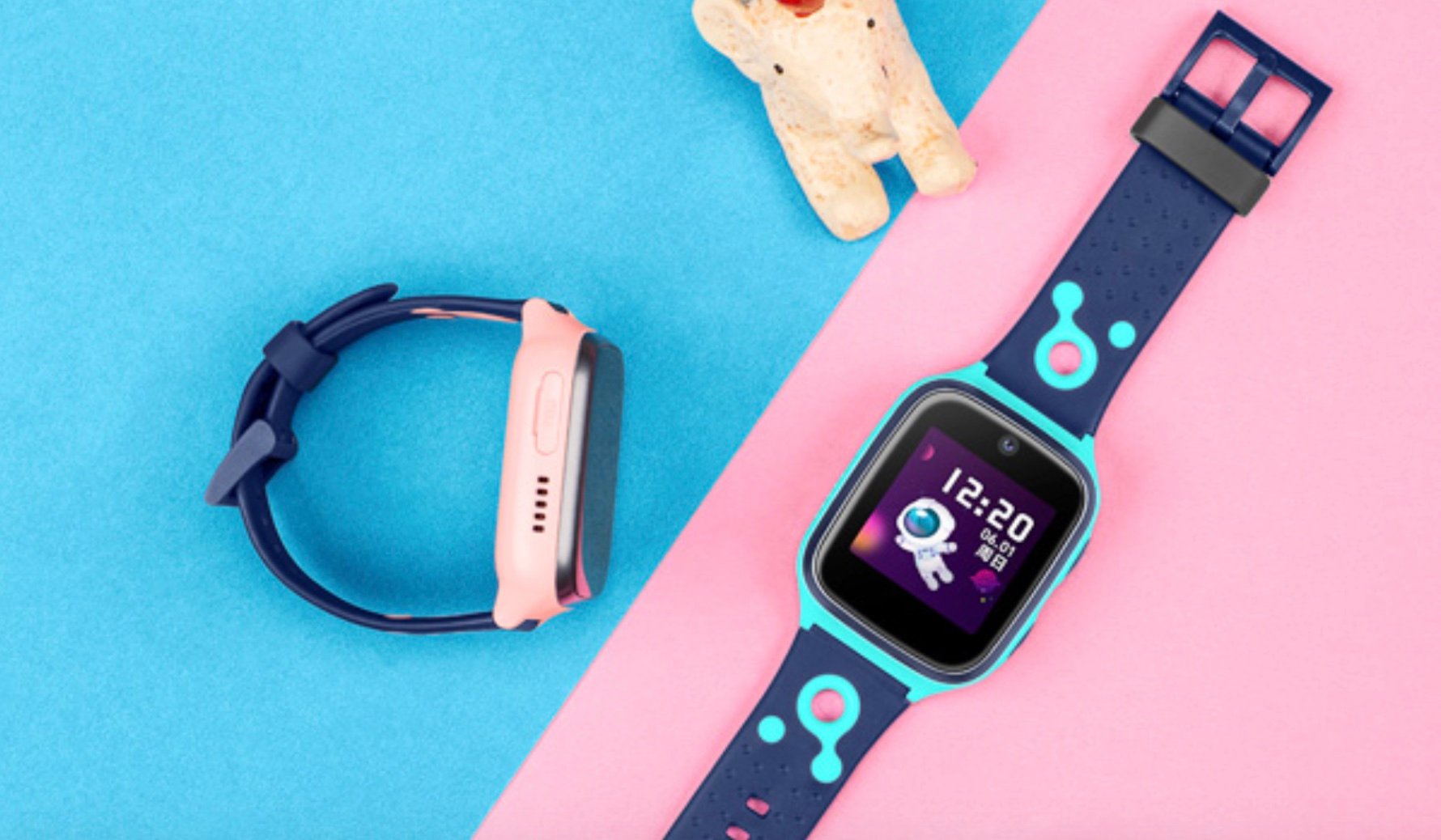Darlie, the Chinese toothpaste brand infamous for its blackface packaging, will finally be rebranded, according to its American parent company Colgate-Palmolive.
The company will make “substantial changes to the name, logo and packaging,” according to its spokesperson in an interview with Hong Kong Free Press. Darlie’s rebranding follows Quaker’s decision to drop its Aunt Jemima brand due to its racial connotations in the midst of the Black Lives Matter movement.
Owned by the Niem family in Shanghai, the Hawley and Hazel Chemical Company established the Darlie brand — then as Darkie, a term widely used as a racial slur — in 1933. Its logo was a man in blackface likening the image of Al Jolson, a white performer who mocked African Americans in minstrel shows in the midst of the Jim Crow era.
The idea was that blackface characters all had shining white teeth. While anti-Black sentiment was hardly a topic of discussion in China in the 1930s, many Asian countries had imported racist notions from the West.
After the People’s Republic of China was established in 1949, Hawley and Hazel moved to Taipei and later to Hong Kong in 1973. Within decades, the toothpaste brand gained international fame, enjoying success not only in Hong Kong and Taiwan, but also Malaysia and Singapore.
But Hawley and Hazel never seemed to have given its racist branding a second thought — until after Colgate-Palmolive’s acquisition in 1985, when US activists criticized the brand’s racist message.
According to magazine The Afro American, a Colgate-Palmolive representative at the time argued that the branding was a “compliment” to Jolson, since “according to Chinese custom, imitation is the highest form of flattery” and was “certainly not identified in a derogatory sense” in Asian societies.
But facing criticism from social justice groups, the firm eventually conceded in 1989, settling on the name Darlie and later redrawing the logo to replace the blackface image. Yet the racially-charged Chinese name — heiren yagao (黑人牙膏), literally “black people toothpaste” — remained intact, and it is still ubiquitous in convenience stores in Taipei, Hong Kong, and Bangkok as well as on the Chinese mainland. It’s been 87 years since Darlie’s founding — the rebranding is long overdue.
Meanwhile the historical implications of blackface have rarely been discussed in China. As China increasingly asserts itself on the global stage, anti-Black racism has frequently put the country under international scrutiny.
In 2018, state broadcaster CCTV featured blackface in a skit about Africa on its Spring Festival gala, perhaps the most-watched program on Planet Earth. While the skit received immense criticism from both social justice groups at home and abroad, it got little backlash among the Chinese public after it aired.
Related:
 Four Key Points from CCTV’s Controversial Spring Festival GalaArticle Feb 17, 2018
Four Key Points from CCTV’s Controversial Spring Festival GalaArticle Feb 17, 2018


















